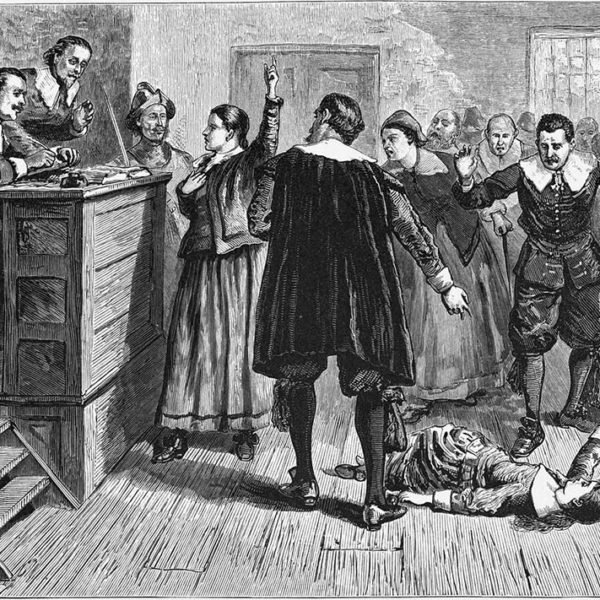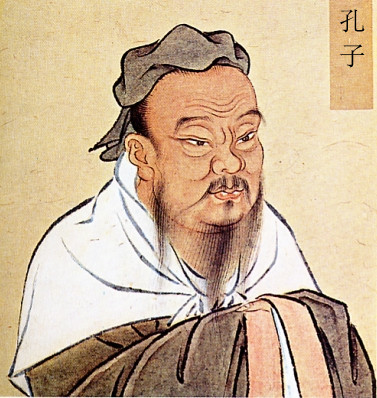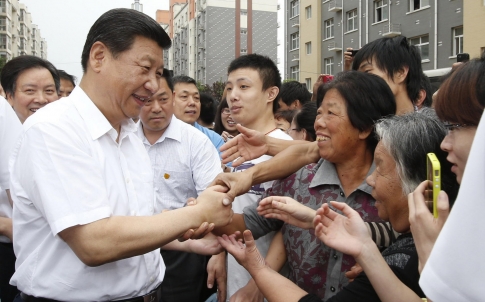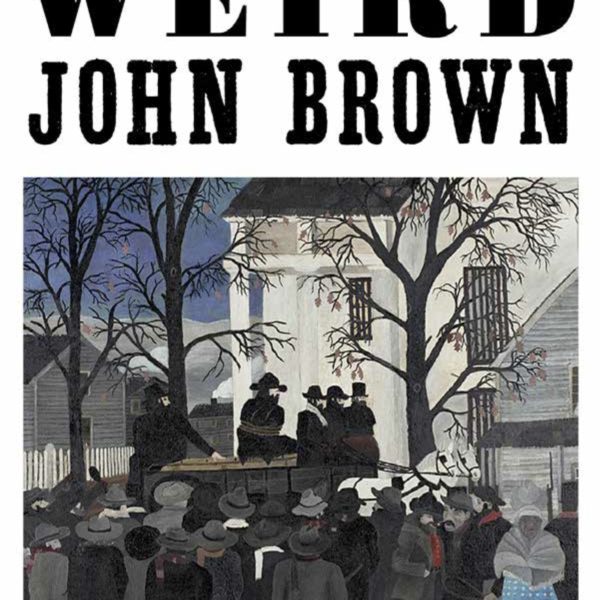
A bishop recently said that 90% of the homilies he has ever heard can be boiled down to two words: “Try harder.” Of all the things that Ted Smith’s book does well, the most compelling for me is his attempt to critique the ethical confines to which reflection on politics and violence — along with so much else — is often limited.
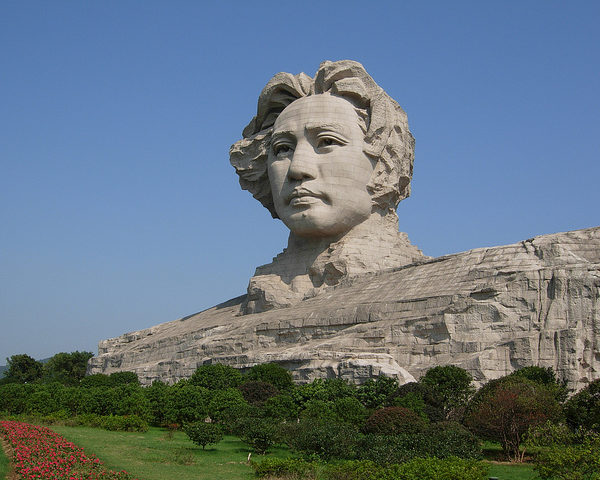
This is the first of a series of five articles on understanding China today. The articles cover politics, economics, culture and religion, since all of these are important for making some sense of what is happening. Each topic is approached from the Marxist tradition, for this is a key that is too often ignored. The
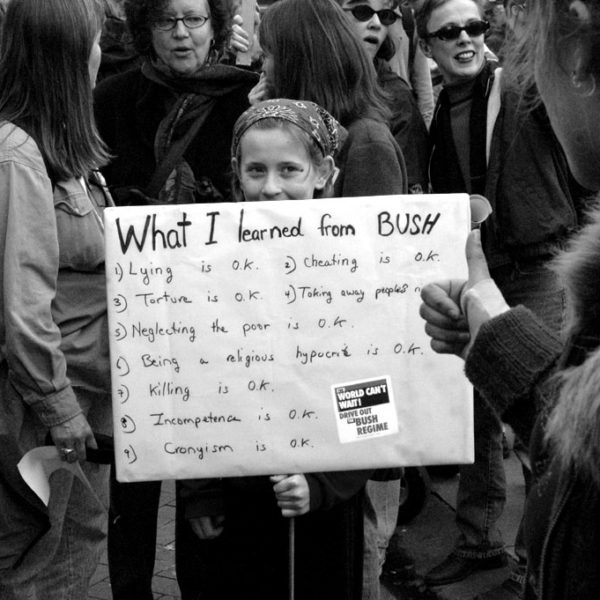
So what do the findings I have shared indicate for the future of the Christian right? They demonstrate despite the Republicans recent 2014-midterm results, that millennial Christians are more ambivalent about politics than their parents. According to Pew Research, millennial turnout in 2014 was down 6 points on the 2012 Presidential election, whilst there was 6 point increase amongst baby boomers aged 50-68. Older white Christian males swung the election in the GOP’s favour. Though this temporarily bodes well for GOP-Christian right relations, it is clear that there will be a significant age-gap problem very soon, for partisan ties are very much weaker amongst millennials.
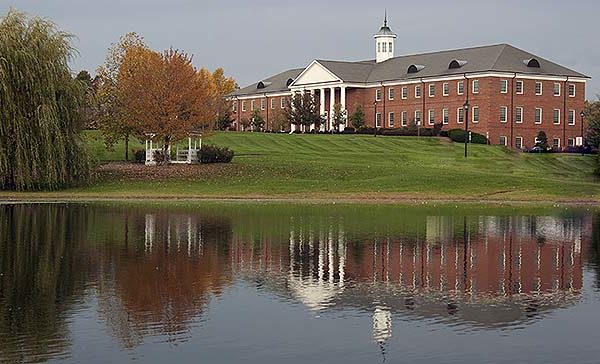
Following Bush’s consecutive victories in 2000 and 2004 the Christian right have been labeled the ‘backbone’ and ‘base’ behind the Republican Party’s electoral successes.[1] Evangelical born-again Christians constitute around 26% of the US electorate according the latest Pew Research poll, of whom three-quarters consistently vote Republican.[2] For forty years the considerable convening power of these faithful conservatives have made them an attractive constituency for Republicans to court. Aligning with their social and cultural concerns, this relationship has generated a distinguishing feature amongst Western politics, the American ‘values voter’.
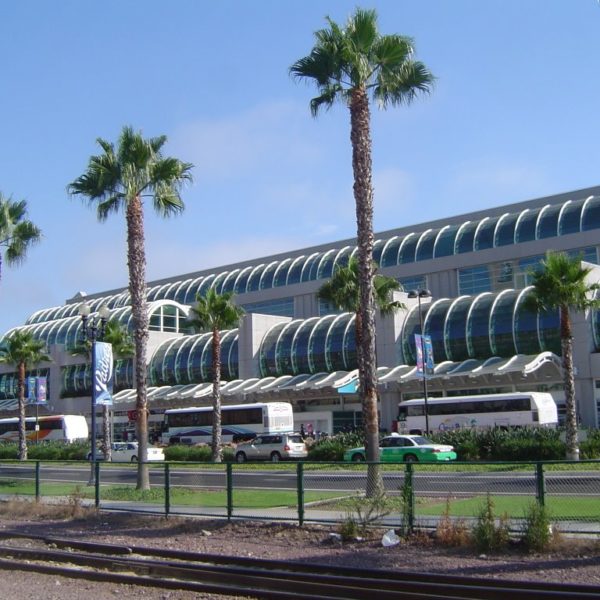
Within Christian traditions, one may be met with this provocative question: does “political theology” or “social ethics” sponsor liberative practices oriented towards human flourishing? Interestingly, the framing of this question requires one to choose a side. One must argue that either political theology or social ethics is poised to address the myriad theo-ethical issues we face, particularly issues of difference, pluralism, and alterity. I believe that this is a false framing of the question.
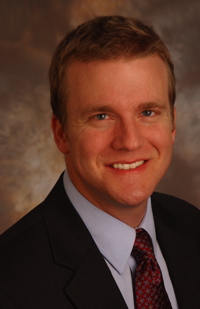
One of the most important tasks for political theologians today is the cultivation of capacities for democratic reasoning about exceptions to the rule of law. The task is important because liberal societies face – or at least believe they face – a number of threats that seem to require exceptional measures in response. The pressure to make exceptions grows stronger, even as we find ourselves with fewer and weaker resources for thinking about them.
